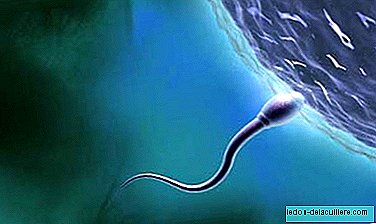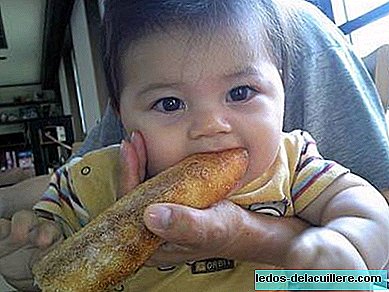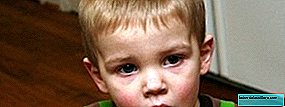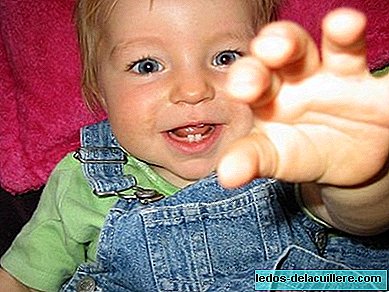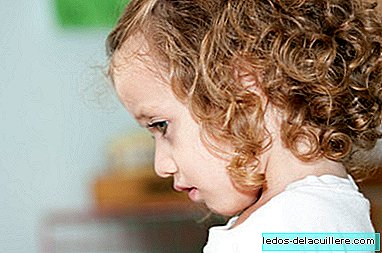
Until now the detection and diagnosis of Autism Spectrum Disorders (ASD) is difficult and continues over time, since it can only be determined when the child begins to manifest the symptoms clearly, and after endless tests in different fields.
We say so far, because scientists from the University of Warwick (United Kingdom) have developed a test that could lead to the earliest and most accurate identification of ASD, through simple blood and urine tests. A very good news for parents, who sometimes end up exhausted, given the uncertainty that creeps up to the diagnosis and of course, for the little ones.
It is very difficult to identify a child with an autism spectrum disorder. Until it begins to manifest very clearly the symptoms of characteristic behavior, such as a deficit in communication, difficulty integrating socially, exaggerated dependence on routines, or much intolerance of changes, or frustration, it is impossible to know; and yet these behaviors do not always mean a diagnosis. Each person is a world and we cannot label it that way because, by four coincidences or isolated anomalous behaviors.
Therefore, it can only be known with certainty when the little ones manifest in a very apparent way this type of behavior and going through the consultation of different specialists, with their consequent tests, which can take a lot of time, expense and energy.
Some consequences of ASD are speech problems, repetitive and / or compulsive behavior, anxiety, hyperactivity, and difficulty adapting to new environments ... but not all and some are presented in such small measures, or camouflaged so well, especially in girls, its detection is impossible.
What does the research say?
It has been discovered that 'neuroatypic' children, in addition to special behavioral patterns, present differences in certain metabolic processes, which are found in both blood and urine. What does this mean? They show differences in some specific metabolites, which are found in both blood and urine, which makes it possible for autism to be diagnosed early, based on the discovery of these metabolites in an analysis. Thus, children with autism could receive adequate treatment much earlier in their lives.
This is what an international study published in the Molecular Autism magazine and led by researchers from the University of Warwick in the United Kingdom reveals, have developed a new blood and urine test that lets us know if a minor has developed an ASD.
At the moment it is reliable from 5 years; Age of the youngest children who underwent the study, although the authors are confident that the test will also be effective at earlier ages, which will make a much earlier diagnosis of autism possible.
The study authors analyzed blood and urine samples taken from 29 boys and 9 girls, diagnosed with ASD, aged between 5 and 12 years, residing in the city of Bologna (Italy). They compared the results with those obtained in the samples of 23 boys and 8 girls of the same ages and city, who did not suffer from autism.
The research team discovered that there were notable chemical differences between the two groups. Once the chemical differences were identified, the next step was to enter the data into a computer to develop algorithms and tests that would facilitate the identification of minors depending on whether they had autism or not. And what happened? That the result was a diagnostic test, better than any known method to date.
In addition the director of the study, Naila Rabbani, ensures that its finding, still in the investigation phase, in addition to facilitating earlier diagnosis and intervention, can reveal new causative factors of ASD, "which will help us improve the diagnosis and open the door to the identification of causes not yet discovered."


